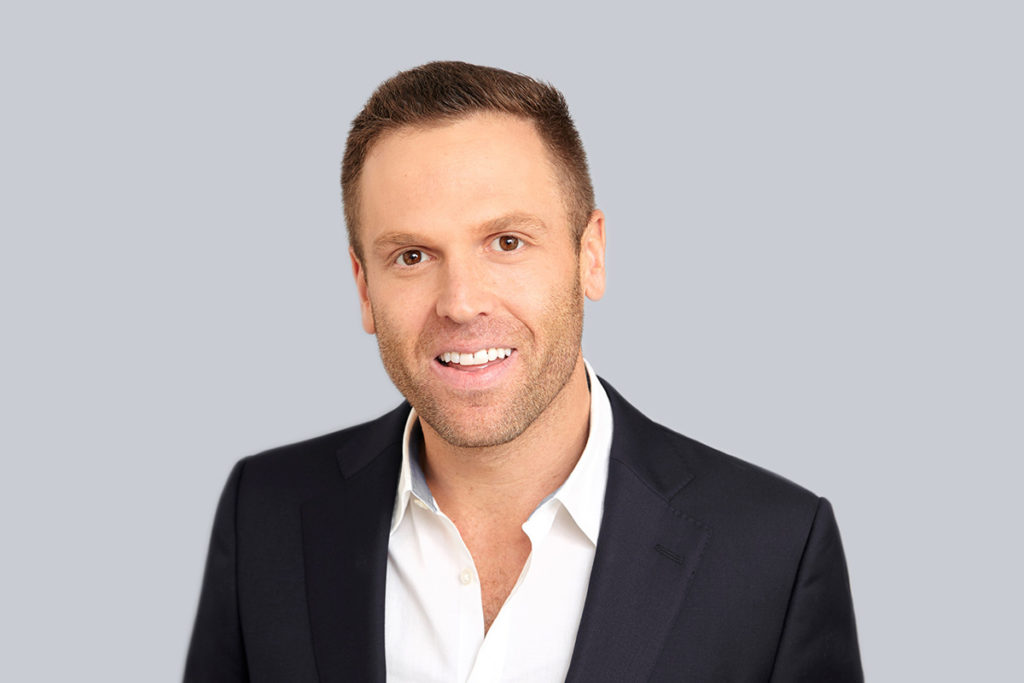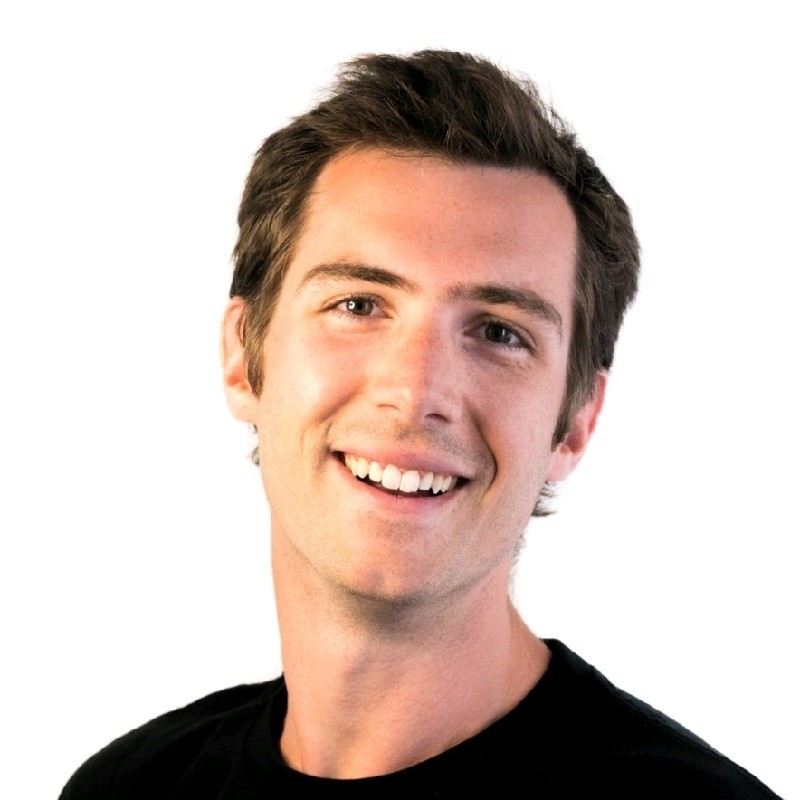Entrepreneur Case Studies
Building a Public FinTech Company From Scratch: OppFi CEO Todd Schwartz (Part 5)
Sramana Mitra: What about going beyond Illinois? How long did you do just Illinois?
Todd Schwartz: We scale nationally now. What was interesting to me was there were 17 other states that had small-dollar lending laws that we could use. What’s difficult is that each state has its own rules. We started to scale that way. There are 35 states that have payday lending laws, but only 17 have small-dollar lending laws.
Our goal was to provide credit access in a better way and, essentially, eradicate the payday loan. That was our original mission. That’s when I stepped down as CEO. I became Executive Chairman and hired a CEO.
>>>Building a Public FinTech Company From Scratch: OppFi CEO Todd Schwartz (Part 4)
Sramana Mitra: What about the technology? Did you build all that?
Todd Schwartz: I do not believe in going out and blowing a bunch of equity to build this beautiful shiny technology system. In four years, it’s probably not going to be the best system with the rate of change. I used off-the-shelf solutions and did API integrations into them. I spent little on technology. I didn’t have a CTO for the first five years. They were all variable costs. I didn’t have to outlay a lot of equity. I was able to grow with a variable cost model.
>>>Building a Public FinTech Company From Scratch: OppFi CEO Todd Schwartz (Part 3)
Todd Schwartz: The technology wasn’t there. I didn’t know anything about lending. I didn’t know any other way to do it except take $100,000 of my own savings and open a one-room office in the north side of Chicago, get a printer, and use Excel to originate loans. I applied for the CILO license. Six months later, I was granted the license. I was getting referrals from the pawnshop.
I made the first 3,000 loans in person by myself. I handed the check to every borrower. I got to know every borrower. I understood why we were better. There were no prepayment penalties. I had to hire people. We were getting so much referral volume. We have such high customer satisfaction. We weren’t really measuring it, but I could just tell by the way people were overjoyed and the referrals we were getting. Our interest rates were much lower. Our payment terms were much more beneficial.
>>>Building a Public FinTech Company From Scratch: OppFi CEO Todd Schwartz (Part 2)
Sramana Mitra: How did you steer your career from that point on?
Todd Schwartz: I went through the crisis of 2008. That’s when I learned a lion’s share of what I know today. I learned about investing. I learned about allocating capital. I learned what not to do. I learned it not from having success. We got ourselves in a little bit of a pickle. It was a very tough situation. Unwinding a lot of that was painful.
>>>Building a Public FinTech Company From Scratch: OppFi CEO Todd Schwartz (Part 1)

Todd has built a public FinTech business with $7M of family money and another $8M of debt. OppFi went public in 2021. Impressive, capital-efficient, fundamentals-oriented journey.
Sramana Mitra: Let’s start at the very beginning of your journey. Where are you from? Where were you born, and raised, and in what kind of background?
Todd Schwartz: I was raised in the suburbs of Chicago. I lived there most of my life. I went through the Northbrook Illinois school system. I enjoyed my childhood there.
>>>From Developer to Entrepreneur with $20M in Bootstrapped Revenue: Julien Salinas, CEO of NLP Cloud (Part 3)
Sramana Mitra: What percentage of the customers are in the $10,000 range?
Julien Salinas: Among our paid customers, it’s 10%. Maybe a bit less.
Sramana Mitra: How much of this is what you call major account customers?
Julien Salinas: I don’t have the exact number today, but I think it’s something like 150 to 200 like SAP and Lufthansa.
Sramana Mitra: All the lead generation seems to be happening on your blog.
>>>From Developer to Entrepreneur with $20M in Bootstrapped Revenue: Julien Salinas, CEO of NLP Cloud (Part 2)
Sramana Mitra: Your customers are all developers?
Julien Salinas: Less and less, but still most of them.
Sramana Mitra: Is there a specific genre of developers? Are they developing a particular platform?
Julien Salinas: Initially, it was mainly machine learning engineers that use Python. All the machine learning engineers are Python developers. They taught me a lot of things. Then gradually, I started moving to a more global developer market. Today, I have developers who are developing on any platform and language.
>>>From Developer to Entrepreneur with $20M in Bootstrapped Revenue: Julien Salinas, CEO of NLP Cloud (Part 1)

Numerous developers around the world are turning into successful entrepreneurs. Julien provides a textbook case study of a brilliant journey that is a highly repeatable blueprint to follow.
Sramana Mitra: Let’s start at the very beginning of your journey. Where are you from? Where were you born, raised, and in what kind of background?
>>>